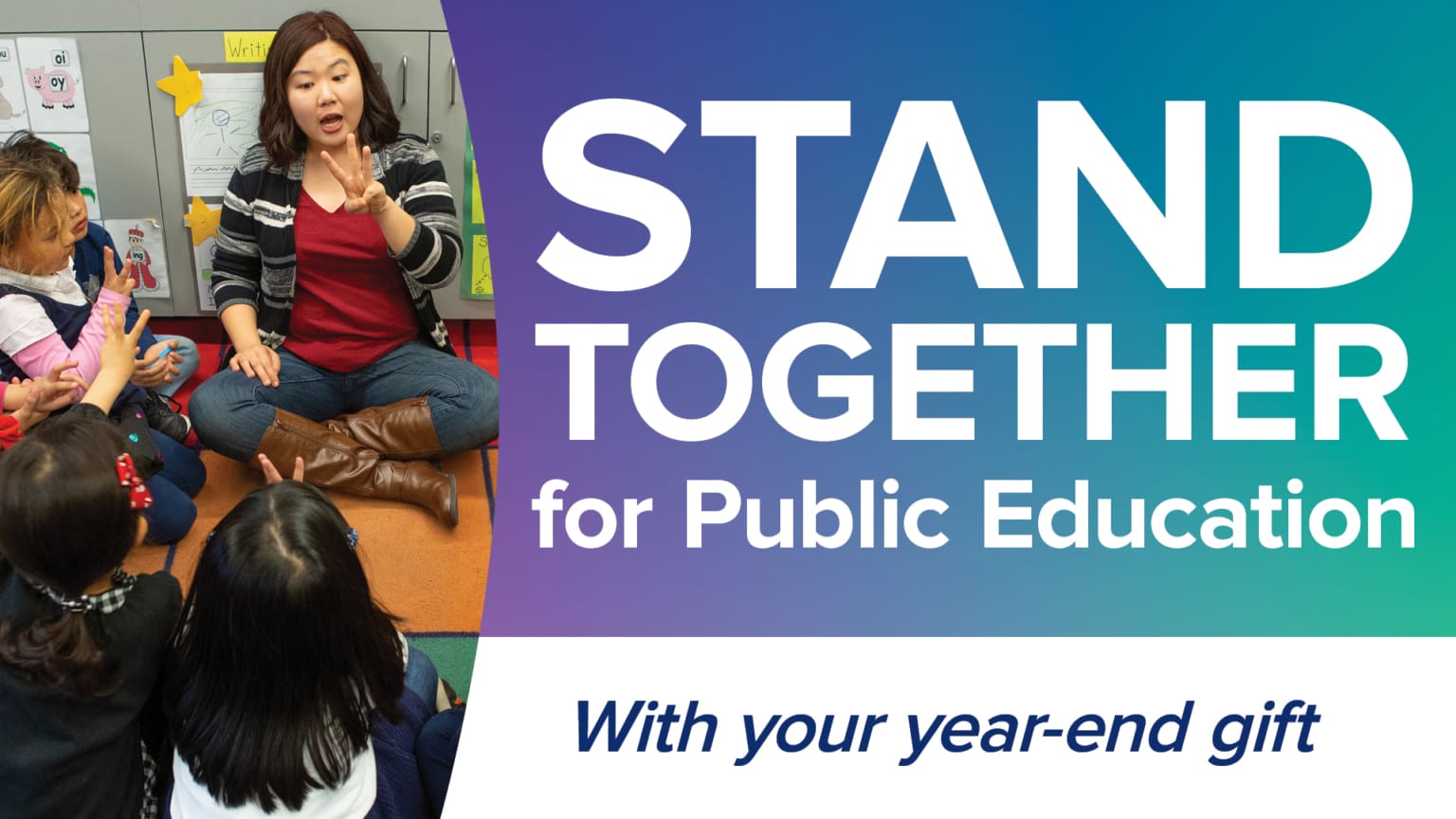Donor Privacy Policy
The NEA Foundation values each of our donors and takes their privacy very seriously. To that end, we maintain the highest level of confidentiality concerning our donors’ contact and financial information. All donor transactions with the Foundation are covered by this policy. Online donor transactions are conducted over secure portals, and access to this data is password-protected and limited to authorized Foundation employees.
What we collect:
The Foundation collects the following personal information from our donors: donor name, acknowledgement name, amount donated, address, telephone number, and email address.
How we use donor information:
Donor information is used for internal purposes only. The Foundation does not sell, lease, or share donor information. Donor information will only be used by the Foundation’s staff to:
Distribute receipts for donations
Thank donors for their contribution
Inform donors about current and upcoming activities of the Foundation, including additional opportunities to support the Foundation
Track and analyze donor data
Comply with current rules and regulations governing 501(c)(3) financial reporting
Comply with any reporting requirements related to specific grants or contributions
The Donor Bill of Rights:
To be informed of the NEA Foundation’s mission, of the way the Foundation intends to use donated resources, and of its capacity to use donations effectively for their intended purposes.
To be informed of the identity of those serving on the NEA Foundation’s Board of Directors and to expect the Board to exercise prudent judgment in its stewardship responsibilities.
To have access to the NEA Foundation’s most recent financial statements.
To be assured their gifts will be used by the NEA Foundation for the purposes for which they were given.
To receive appropriate acknowledgement and recognition of all contributions to the NEA Foundation.
To be assured that information about their donations is handled with respect and with confidentiality to the extent provided by law.
To be informed whether those seeking donations are volunteers, employees of the organization, or hired solicitors.
To feel free to ask questions when making a donation and to receive prompt, truthful, and forthright answers.
Adapted from “The Donor Bill of Rights” created by the American Association of Fund Raising Counsel (AAFRC), Association for Healthcare Philanthropy (AHP), the Association of Fundraising Professionals (AFP), and the Council for Advancement and Support of Education (CASE).












